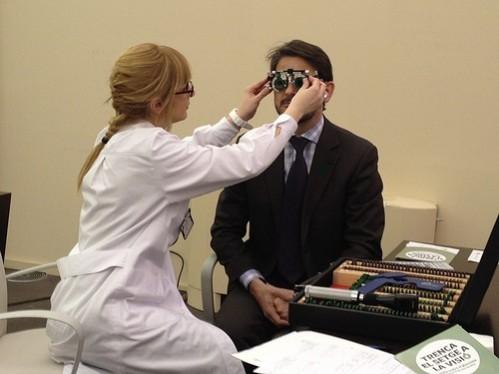
Gene editing technique with CRISPR-Cas9 might inadvertently trigger the risk of cancer in cells, said a new study suggesting in-depth study to guarantee the safety of these 'molecular "scissors" that make gene editing a possibility now.
The team of researchers led by Jussi Taipale at Cambridge, scientists from Sweden's Karolinska Institute, and the University of Helsinki in Finland found that CRISPR-Cas9 triggers a mechanism which is designed to ideally protect the cells from DNA damage.
CRISPR-Cas9 is the powerful genome-editing technique which can be programmed to go to the precise spot in the genome and cut the DNA. The CRISPR-Cas9 is a 'molecular scissors' now used in clinical trials for cancer immunotherapy in the US and China.
In the study published in the journal Nature Medicine, scientists found that genomes edited by CRISPR-Cas9 have the potential to seed cancer cells inside the patient.
Bernhard Schmierer, a scientist at Karolinska Institute said, "CRISPR-Cas9 is a powerful tool with staggering therapeutic potential... Like all medical treatments, however, CRISPR-Cas9-based therapies might have side effects, which the patients and caregivers should be aware of."
Cutting both strands of the DNA double helix is how a standard CRISPR-Cas9 works. The injury activates a biochemical 'first-aid kit' or the gene called p53. This p53 either makes the cells self-destruct or mends the DNA break. Whichever way p53 takes, the CRISPR doesn't work. It is either because the cell is dead or genome edit is stitched up.
Emma Haapaniemi, a scientist from Karolinska Institutet said, "By picking cells that have successfully repaired the damaged gene we intended to fix, we might inadvertently also pick cells without functional p53."
Haapaniemi added, "If transplanted into a patient, as in gene therapy for inherited diseases, such cells could give rise to cancer, raising concerns for the safety of CRISPR-based gene therapies."
It should be noted that CRISPR has already dodged two accusations - a claim in 2017 that it caused sky-high numbers of off-target effects but then it was retracted in March, and the other report of human immunity to Cas9 - but now the cancer-risk warning is taken seriously by the researchers.















